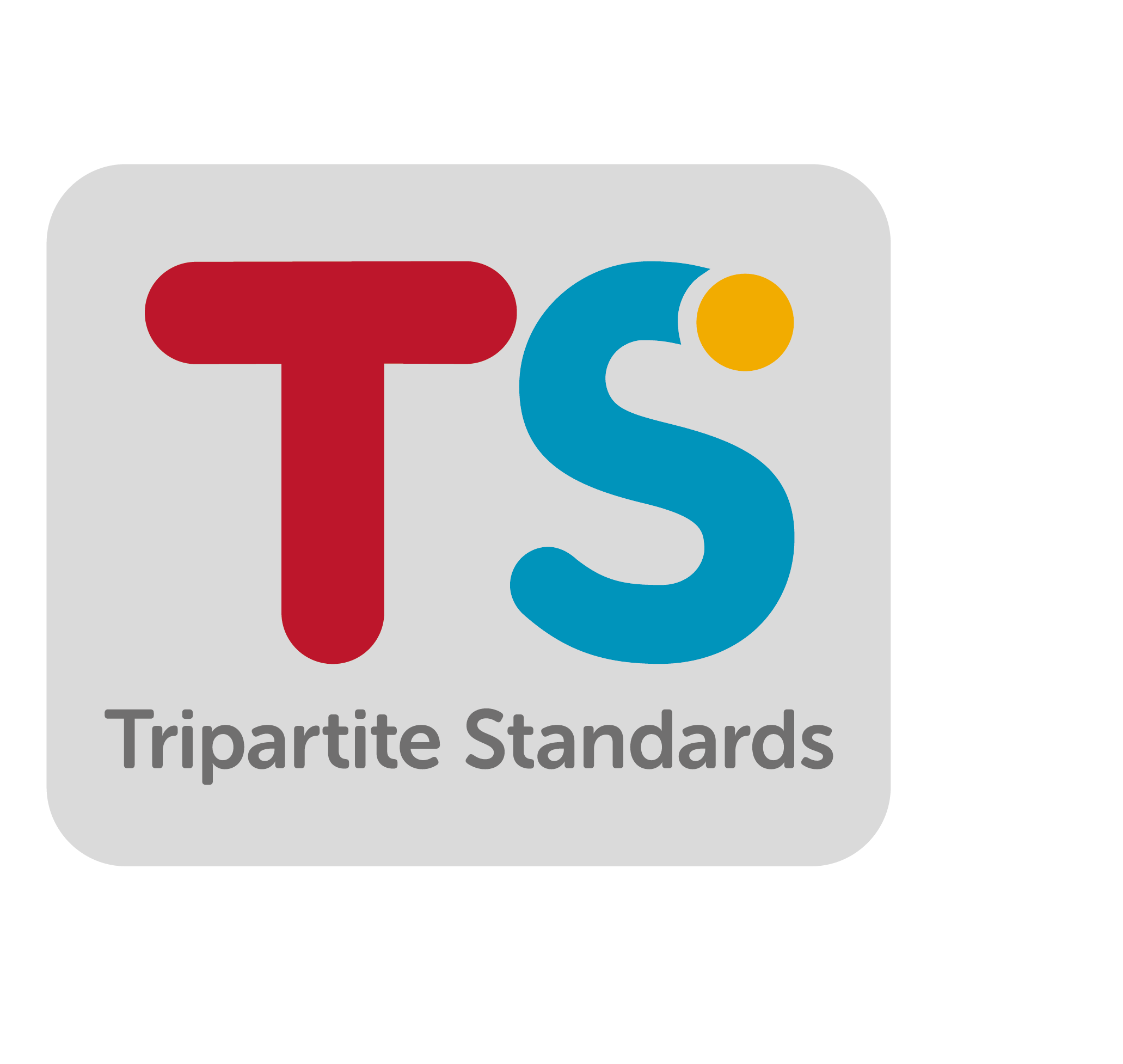Wage Trend in 2024 & Outlook for 2025.
In this month’s newsletter, we share key insights from the Ministry of Manpower’s 2024 Report on Wage Practices — including trends from the past year and what to expect in 2025.
With rising expectations around talent, leadership, and flexibility, HR is now central to business strategy. Where should HR teams focus next? Here’s what to know.
–
Recruitment Agency Singapore
Wage Practices in 2024
The Ministry of Manpower (MOM) has released the Report on Wage Practices 2024 on 28th May 2025. Here are some key highlights from the report
Profitability
Amid continued economic growth in 2024, most businesses remained profitable, with 80.8% of establishments reporting profits—slightly lower than 82.1% in 2023. Profitability, however, varied by sector. While Manufacturing saw more firms turning a profit, industries like Real Estate Services, Construction, and Wholesale Trade experienced declines. This comes alongside a tight labour market that persisted through 2024.

Wage Trends in 2024
Nominal wages continued to rise in 2024, growing by 5.6%, similar to the 5.2% increase seen in 2023. With inflation easing, real wage growth improved significantly to 3.2%, up from just 0.4% the previous year.

More companies raised wages in 2024, with 78.3% of establishments doing so—up from 65.6% in 2023. However, most increases were based on past performance rather than optimism about future business conditions.

Wage Change by Employee Type
Rank-and-file and junior management employees saw slightly higher wage increases in 2024—5.8% and 5.6% respectively—compared to 5.1% for senior management. This reflects efforts to ease cost-of-living pressures, especially for lower-income groups. Policy changes, including a higher Local Qualifying Salary and Progressive Wage Model initiatives, also played a role in boosting wages at the lower end.

Wage Change across Industries
Wages grew across all industries in 2024, but the pace varied. Administrative & Support Services saw the highest increase at 8.7%, driven by the Progressive Wage Model. Other sectors with above-average growth included Financial Services (6.7%) and Community, Social & Personal Services (5.7%), supported by strong demand for skilled talent. On the other hand, Food & Beverage Services recorded a more modest 4.8% increase, while Wholesale Trade (4.2%) and Manufacturing (5.1%) trailed behind—both expected to see further moderation due to ongoing geopolitical and trade uncertainties.

Flexible Wage System Adoption
In 2024, 76% of establishments had adopted at least one component of the Flexible Wage System (FWS), but overall adoption has gradually declined over the past decade. Only 8.5% of firms fully implemented both the Monthly Variable Component (MVC) and Annual Variable Component (AVC), and variable wages made up just 14.9% of total wages in the private sector—highlighting room for greater flexibility in wage structures.
Outlook for 2025
While Singapore’s economy saw steady growth and strong wage performance in 2024, the outlook for 2025 is more cautious. A tight labour market and easing inflation supported real wage growth last year, but business sentiment has weakened amid ongoing geopolitical tensions and global trade uncertainties.
According to MOM’s early 2025 survey, fewer firms plan to raise wages in the near term. This suggests that nominal wage growth may moderate in 2025—particularly in trade-reliant sectors such as Manufacturing and Wholesale Trade.
Retirement & Re-employment Guidelines, recruitment agency in singapore, payroll outsourcing
Recruitment Agency Singapor
What’s Shaping HR in 2025?
HR leaders across Asia-Pacific are facing growing pressure to adapt—fast. The Forvis Mazars C-suite Barometer 2025 highlights shifting expectations around talent, leadership, and flexibility, placing HR at the centre of business strategy.
So, what’s driving this shift—and where should HR teams focus their energy?
Key HR Challenges Identified
1. Talent Acquisition and Retention Difficulties
One of the most pressing challenges is hiring and retaining the right people. Half of Asia-Pacific executives say they struggle with this—more than the global average of 43%. Scarcity is especially evident in fast-growing markets and sectors dependent on tech, supply chain, and customer-facing talent.

*Click on image to enlarge
2. Mid-Level and Management Recruitment Struggles
The biggest hiring gaps are no longer at the executive level. Instead, firms are finding it hardest to secure capable candidates for mid-level and early-career roles. This shift suggests a need to rethink recruitment channels and talent development pipelines to grow future leaders internally.

*Click on image to enlarge
3. Emphasis on Leadership Development
C-suite leaders across Asia-Pacific consistently cite strategic vision, analytical thinking, and problem-solving as must-have leadership qualities. Traditional training programs may no longer be sufficient—organisations need targeted development, coaching, and succession planning to nurture these capabilities.
4. Flexible Work Arrangements
Hybrid and remote work continue to evolve. 60% of APAC executives now prioritise fully flexible models, with 55% aiming to reduce in-office requirements. While this shift supports employee wellbeing and talent attraction, it also introduces challenges in performance management, visibility, and culture-building.
5.Integration of Sustainability Reporting
54% of APAC companies now integrate ESG metrics with financial reporting, reflecting a more holistic approach to corporate responsibility. This trend has clear implications for HR—especially in aligning hiring practices, workforce policies, and employer branding with sustainability values.
What HR Must Focus On Next
1. Invest in Upskilling and Reskilling
The skills gap remains a barrier to growth. Organisations must prioritise learning and development—not only for technical abilities but also for soft skills like adaptability, collaboration, and digital literacy.
Employee growth is now tightly linked to business performance.
2.Developing Leadership at Every Level
Strong leadership today goes beyond managing teams—it’s about thinking strategically and making informed decisions with data.
To prepare future leaders, HR should look at practical ways to support their growth, such as structured development programs, executive coaching, and even reverse mentoring to encourage fresh perspectives across the organisation.
3. Supporting Wellbeing Through Flexibility
Flexible work is no longer just a nice-to-have—it’s become essential to how teams work best. HR can play a key role by creating clear and inclusive policies that give employees the freedom to manage their time while still staying connected and accountable.
The goal? A healthier, more balanced work culture that supports both wellbeing and performance.
4. Connecting People Strategy with Sustainability Goals
Today’s employees care about more than just pay—they want to work for companies that reflect their values. That’s where HR comes in. Whether it’s through fair hiring practices, greener workplace policies, or inclusive culture-building, aligning your people strategy with ESG goals can make a real difference in attracting and keeping the right talent.
Retirement & Re-employment Guidelines, recruitment agency in singapore, payroll outsourcing
Recruitment Agency Singapor
Recruitment Agency Singapore
Disclaimer: Please use the information provided in this newsletter at your own discretion and risk. We are not responsible for any losses incurred by users in relation to the information provided in this newsletter and we seek your understanding.
















